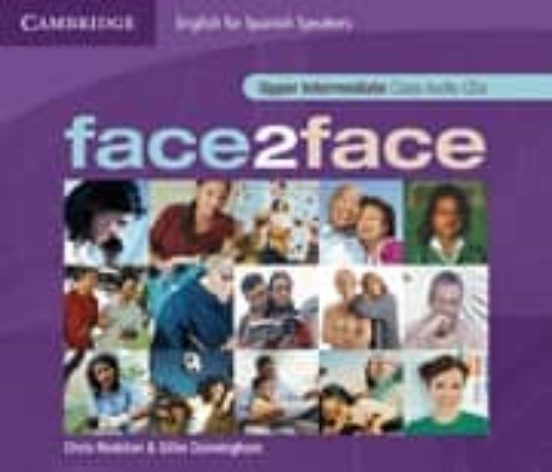


Thus, various governments across the globe have launched a crisis response to mitigate the adverse impact of the pandemic on education. Recently, the education system has faced an unprecedented health crisis (i.e., COVID-19 pandemic) that has shaken up its foundation. Although the efficacy of online learning has long been acknowledged by the education community (Barrot, 2020, 2021 Cavanaugh et al., 2009 Kebritchi et al., 2017 Tallent-Runnels et al., 2006 Wallace, 2003), evidence on the challenges in its implementation continues to build up (e.g., Boelens et al., 2017 Rasheed et al., 2020). We began to witness schools, teachers, and students increasingly adopt e-learning technologies that allow teachers to deliver instruction interactively, share resources seamlessly, and facilitate student collaboration and interaction (Elaish et al., 2019 Garcia et al., 2018). One such development is the adoption of online learning across different learning contexts, whether formal or informal, academic and non-academic, and residential or remotely. Since the 1990s, the world has seen significant changes in the landscape of education as a result of the ever-expanding influence of technology.

Implications for classroom practice, policy-making, and future research are discussed. In terms of strategies employed by students, the most frequently used were resource management and utilization, help-seeking, technical aptitude enhancement, time management, and learning environment control. The findings further revealed that the COVID-19 pandemic had the greatest impact on the quality of the learning experience and students’ mental health. Their greatest challenge was linked to their learning environment at home, while their least challenge was technological literacy and competency. Using a mixed-methods approach, the findings revealed that the online learning challenges of college students varied in terms of type and extent. Thus, this study attempts to fill in the void. Although many studies have investigated this area, limited information is available regarding the challenges and the specific strategies that students employ to overcome them. Given today’s uncertainties, it is vital to gain a nuanced understanding of students’ online learning experience in times of the COVID-19 pandemic. UC College is a certified training provider of English language courses, approved by the Commonwealth Register of Institutions and Courses for Overseas Students (CRICOS 00212K).Recently, the education system has faced an unprecedented health crisis that has shaken up its foundation. You don’t need to be an enrolled UC student to study an English course with us – just sign up to develop your confidence in English and get the most out of daily life. Whether you’re keen to learn English while you study a UC degree, in preparation for future academic studies with us, or simply to further enrich your life, our ELICOS English language courses will put you firmly on the path to English language fluency. We’re one of Australia’s longest serving English language centres, having successfully supported English as a Second Language (ESL) students with our ELICOS programs since 1969. UC College offers English Language Intensive Courses for Overseas Students (ELICOS) at the University of Canberra College English Language Centre (UCCELC), conveniently located on our Bruce campus in Canberra. If English isn’t your first language and you’d like to improve your English speaking, writing and reading, we can help.


 0 kommentar(er)
0 kommentar(er)
